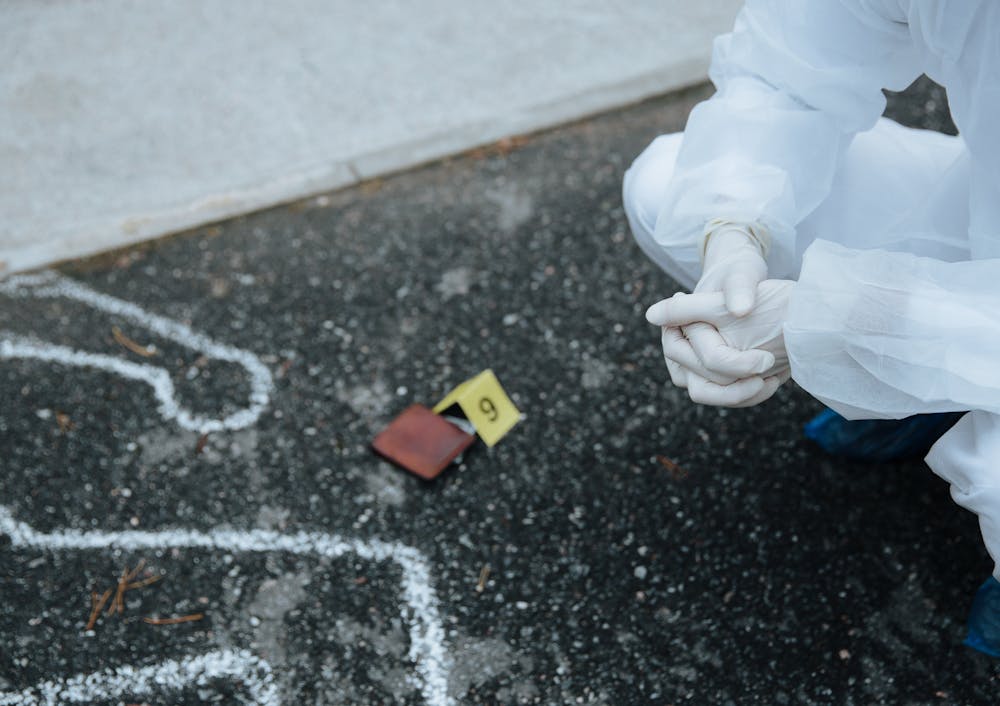If you enjoy solving mysteries and have an interest in the justice system, a career in forensics may be right for you. Forensics is a broad field that encompasses many different disciplines and specialties. To find your perfect fit within this exciting field, it’s important to understand the various career paths available and evaluate your own skills, interests, education, and goals. This guide provides an overview of the major forensic careers along with insight into the typical duties and requirements of each.
Forensic Psychology
One of the main branches of forensics is forensic psychology, but what is forensic psychology? Forensic psychology involves applying psychology to legal matters. Forensic psychologists may provide expertise on issues like criminal profiling and competency evaluations. They often consult on cases or serve as expert witnesses. Becoming a forensic psychologist requires a psychology doctorate and certification. If you’re interested in the psychology of crime, it may be a good choice.
Forensic Science Technician
A forensic science technician analyzes physical evidence from crime scenes. Duties include photographing scenes, testing samples, and examining firearms. Most positions require a science bachelor’s degree, and an internship provides valuable experience. If you like lab work and have an eye for detail, consider this career.
Forensic Accountant
Forensic accountants uncover financial crimes by analyzing records and transactions. They have accounting expertise and investigative skills to recognize patterns. Forensic accountants often provide findings in court cases. Most have an accounting degree and CPA certification. Strong ethics are vital.
Crime Scene Investigator
Crime scene investigators collect and analyze evidence from crime scenes. Duties include taking photos, securing areas, gathering fingerprints, and documenting findings. An associate’s or bachelor’s degree in forensics or science is typically needed. If you like being hands-on at crime scenes, this may interest you.
Forensic Pathologist
Forensic pathologists determine the cause of death by examining bodies. They perform autopsies, collect tissue samples, analyze blood, and identify remains. Becoming a forensic pathologist requires a medical degree plus 3-4 years of specialized training. If you can handle working with deceased bodies, consider this field.
Forensic Toxicologist
Forensic toxicologists identify toxins and analyze their effects on the body. They examine blood, tissue, chemicals, drugs, and other substances from victims and crime scenes. A science degree and training in toxicology and pharmacology is required. If you enjoy lab work, consider this career.
Forensic Engineer
Forensic engineers analyze product failures to determine causes. They investigate accidents and assess damages or performance issues with structures, vehicles, or materials. Most have an engineering degree and professional certification. Critical thinking and investigation skills are key. If you are interested in the intersection of engineering, investigation, and the law, a career as a forensic engineer may be rewarding.
Choosing a forensic career means evaluating your innate abilities and interests. Are you skilled at examining evidence? Do you excel at noticing financial discrepancies? Can you determine the causes of death from bodies? Answering these questions will steer you toward a specialty that fits. Let your passions guide you to a rewarding forensic profession.

